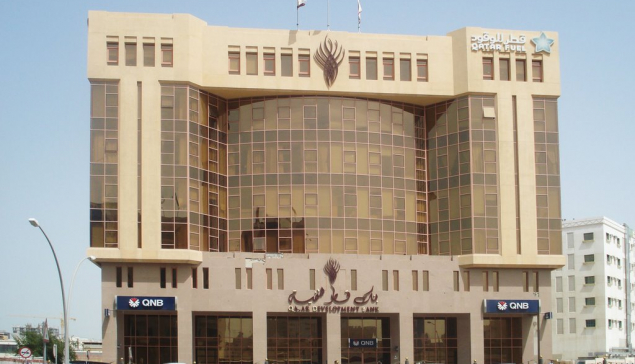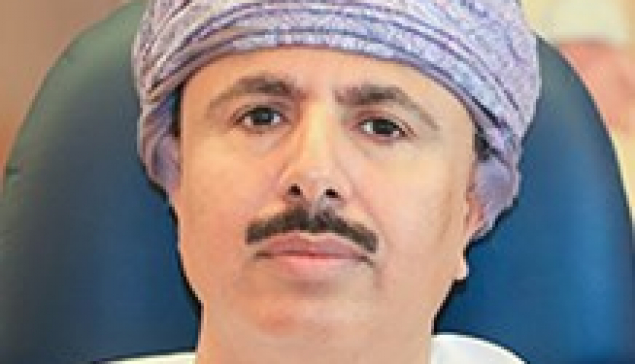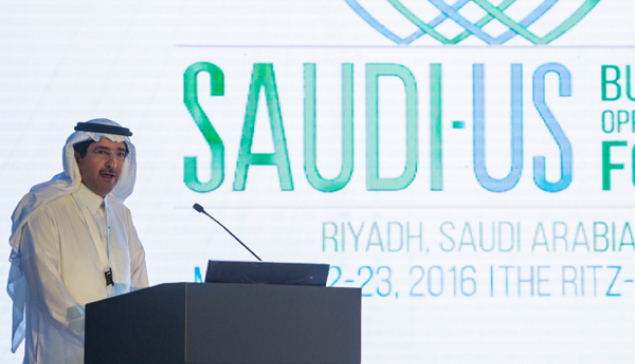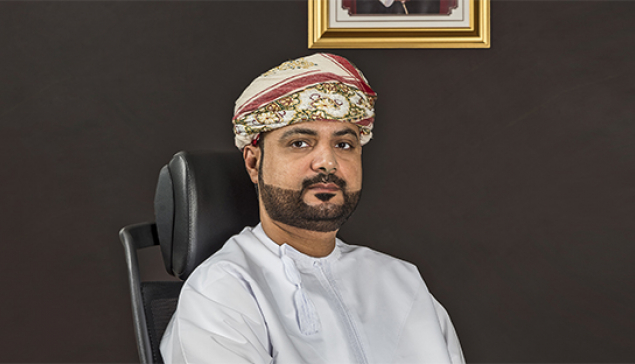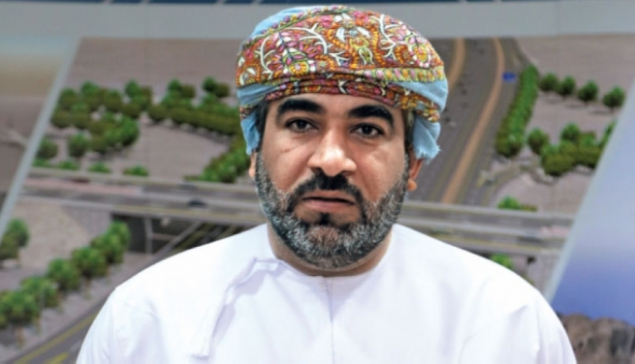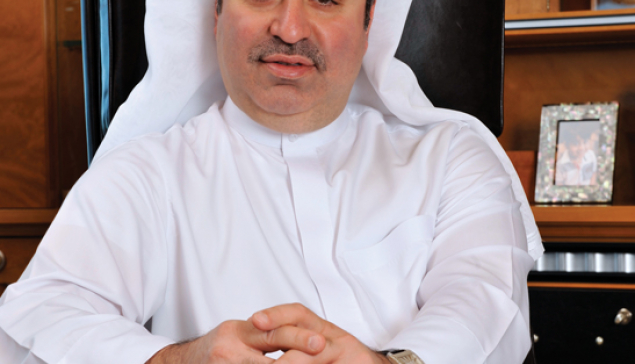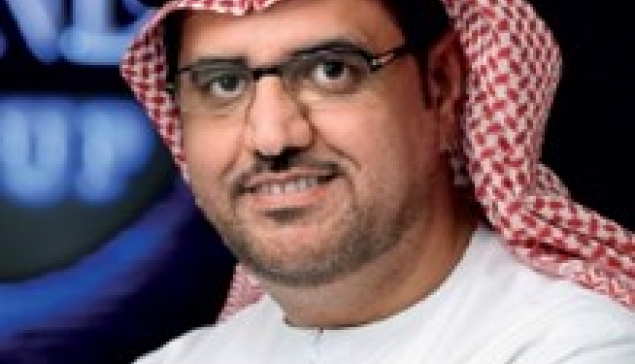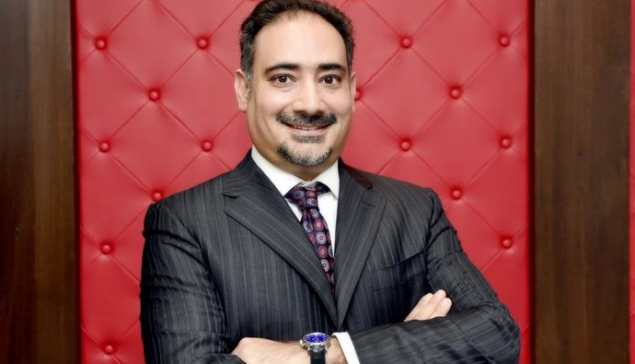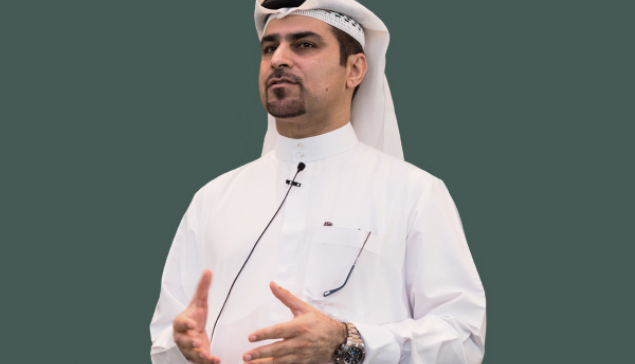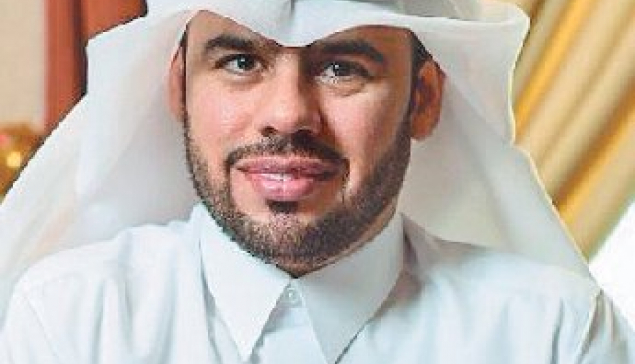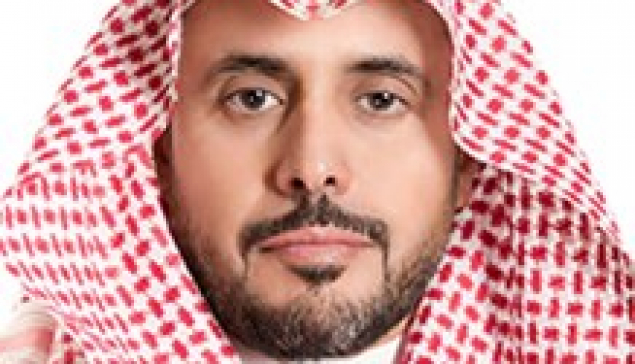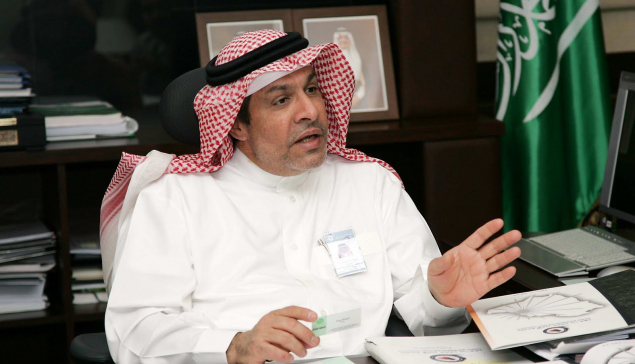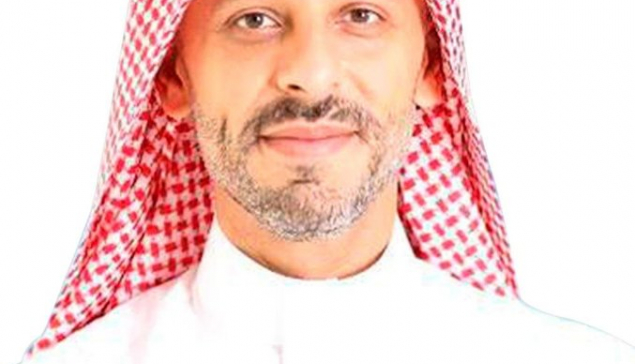In the past decade, the country has undertaken a major expansion of its education system, a project that also stipulated specific specialties for each regional university. Where does Hail University stand today and what is your local specialty?
In 2005 the late King Abdullah took the initiative to expand higher education. Five universities were established in one decree, with Hail being one of them. Since then the university has expanded rapidly. In the last 12 years we have almost 14 colleges across different disciplines and our student capacity has reached about 42,000 students. Half of our colleges are in the areas with the greatest demand in the labor market and important for the future of the country. We concentrated on the medical track, and have six colleges in different medical studies: medicine, dentistry, pharmacology, and other applied medical colleges. In addition, we have a college of engineering, with six major departments, as well as a college of computer science and a business school. Meanwhile, we have not neglected the disciplines of humanity, education, and law. We are a comprehensive university but are focused on medical and engineering. We seek to improve the quality of teaching in those disciplines without neglecting other disciplines. Hail University is considered one of the newest universities to have reached strong academic performance and research standards, and we are working to raising the quality even further. This year we have already the British ASIC Accreditation in addition to other accreditation and are working toward getting accredited on seven programs by the end of this year, which is a major part of increasing quality assurance.
Do you plan growth in terms of student numbers?
We want to focus first on quality; numbers alone are not our desire. We have done most of our physical expansion and today are focused on programs. We also want to establish a new discipline that will fit with the future of the labor market in line with Vision 2030 and the program related to this vision. Next year we plan to initiate the first engineering program for women in the country. We have a program in engineering design that will be mainly for females and will begin in September. We need female engineers and will perhaps go further on this track in the future; however, the problem with establishing a female department in engineering is that there is a difficulty hiring female staff to this department. Today, 30 students have already been accepted to the program.
What is your position on curriculum being structured to meet the needs of the labor market?
It is a tricky issue. Typically, universities establish programs to educate people and prepare them for their future lives, not for the labor market. We need 10 years to establish an academic program and get it running successfully, and trying to change this rapidly is thus difficult. Universities should prepare their students for the labor market, not only by changing the curriculum, but also by changing other programs that are presented to students outside of the curriculum in order to establish a labor culture and awareness among the students for the market and the soft skills required. The top priority for us is preparing the soft skills that are needed in the labor market rather than modifying the academic curriculum given that the market is not that static. We have many issues with our labor market with over 12 million expatriates, and it is not possible to compete with the labor market as it does not always seek quality labor, but low cost. This issue should be fixed through legislation to readjust the market. With longer working hours and the problems we face with getting work for female students, this means 70% of the those seeking work are female. We do not have such a problem with the male students; however, for females this is a large issue that needs to be addressed through our social system.
Do you then believe that if the female employment equation can be fixed then the unemployment equation can be fixed as well?
Yes, we have to address the main issue, which is helping people redirect their vision towards work. In the past, most graduates sought government jobs; however, with the large number of people seeking work there are too many for the government to accommodate. We have over 300,000 graduates from higher education every year and the government has now become inflated. As a result, the private sector is the main market for labor in the future. We have to prepare our students to look at the opportunities in the private sector, and enter the specialties that are most in need in the market. We initiated a program to help our graduates get jobs through training, both during their time in university and after graduation. We have programs for graduates and they can attend training courses free of charge. We have built an ecosystem for graduates and this year one of the programs the government granted us is a job accelerator that will help people get on track with jobs and prepare them. Such work is promising in terms of the number of jobs available across the country and not only in major cities.
Is research a priority for the university going forward?
Our first research center was established five years ago, and is concentrated in health. We initiated this advanced center for diagnostic and personalized medicine, which is now concentrated on advanced genetic research and research in cancer. We have research connections with Cambridge and Nottingham, running programs in different tracks of cancer research including working on breast cancer research. We seek to study the locality issue of this disease in Hail and to record local cases. We are also working with Cambridge on different tracks of research and in colleges, and have also focused on pushing research through our staff and increasing the volume of research being published. In the last years this figure has tripled, the majority in recognized journals. Funding is always key, and last year the Council of Ministers agreed to establish a research fund, which we are already working with. The fund will be mainly funded from outside money, donations, and endowment funds and this is a huge step for Saudi Arabia as we need to do more on the research side. What is spent currently on research is little and research is expensive.
What are your goals and priorities for the next 12 months?
We have three programs funded by the NTP next year. We have to work toward the new Act for Universities, which will hopefully be approved in the next year and give universities greater independence. Most universities will work on setting up programs and directions, and there is now talk about the privatization of public universities. All this will change the university environment and the way that we work. We are extremely ambitious.
- Super User
- Life Balance
- Hits: 4933


